Description
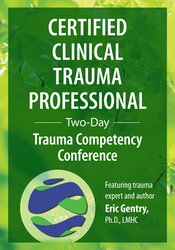
-
J. Eric Gentry – Certified Clinical Trauma Professional: Two-Day Trauma Competency Conference
- Faculty:
- J. Eric Gentry, Ph.D., D.A.A.E.T.S.
- Duration:
- 12 Hours 13 Minutes
- Format:
- Audio and Video
- Copyright:
- Oct 07, 2019
Description
The successful resolution of traumatic stress can be simple.
Studies indicate that there are four key elements to effective trauma treatment. When you accomplish these four key elements in treatment with your clients, you will be able to reduce their symptoms and improve clinical outcomes.
Watch this conference recording and you will walk away with a step-by-step four-stage framework for navigating essential elements of trauma treatment with your traumatized clients.
The essential elements are common to all evidence-based trauma treatments, you will learn how you can integrate this framework with your current approach or methodology to make your trauma treatment even more effective!
This trauma competency training can transform your clinical practice and help improve your trauma treatment outcomes, just as it has for other clinicians around the world.
Best of all, this training meets the educational requirements when applying to become a Certified Clinical Trauma Professional (CCTP) through Evergreen Certifications. Certification lets colleagues, employers, and clients know that you’ve invested the extra time and effort necessary to understand the complexities of trauma counselling. Professional standards apply. Visit www.evergreencertifications.com/CCTP to get started!
Handouts
| Manual – Certified Clinical Trauma Professional (19.8 MB) | 123 Pages | Available after Purchase |
Outline
A Brief History and Evolution of Traumatic Stress, Grief & Loss
- Systemic traumatic stress theory
- Symptom review
- Review of effective treatments
- Tri Phasic model
- Most commonly used instruments to assess traumatic stress
Core Competencies of Traumatic Stress, Grief & Loss
Bio-Psycho-Social-Spiritual Factors that Produce Anxiety & Traumatic Stress
- Precipitating events
- Meaning making
- Physiology of Trauma
- Perception
Adaptive and Maladaptive Coping Behaviors
- Trauma Adaptation
- Systemic influences
- Emotional & psychological stressors
- Integrated theoretical concepts from stress, crisis & trauma theories
- Information Processing Model
- Psychosocial Model
Review of Effective Treatment Interventions
- Cognitive Behavioral Techniques (PE, CPT & SIT)
- EMDR & Bilateral Stimulation
- Thought Field Therapy (TFT)/Emotional Freedom Techniques (EFT)
- Sensorimotor
The Biochemical, Affective, and Cognitive Impacts of Traumatic Stress
- Affective volatility
- The body keeps the score
- Biology of traumatic stress
The Impacts of Traumatic Stress Over Time & Across & Within Developmental Stages
- Epigenetics
- Reactive Attachment Disorder
- Adrenal fatigue
The Role of Traumatic Stress in Clinical Disorders such as Personality Disorders, Dissociative Identity Disorder, and More
- Traumagenesis
- Traumaddiction
- Comorbidity
Conceptualizing a Framework of Healing for Survivors of Traumatic Stress
-
- Systemic perspective
- Strengths perspective
- Survivor metaphor
Traumatic Stress Exists Across the Continuum of Systemic Levels
- Systemic trauma theory
- Community trauma
- Vicarious secondary traumatization
Theories of Traumatic Stress, Loss and Grief
- Information processing model
- Psychosocial model
- Contemporary thoughts
Bereavement and Adjustment Disorders
- Supporting Normal Bereavement
- Treating Complicated Bereavement
Assessment of Traumatic Stress Disorders
- Diagnostic and Statistical Manual of the APA
- DSM-5® changes
- ACE & Developmental Trauma
- Diagnosing PTSD with the PCL-5
Evidence-Based Techniques/Interventions
- Relaxation/Self-regulation
- Grounding
- Containment
- Writing/journaling
- Drawing art
- Healing metaphors
- Transitional objects
Demonstrations: Interactive Exercises/Application of Skills
- Cognitive Behavioral Techniques
- Narrative Exposure Therapy Technique
- Thought Field Therapy (TFT)
- Bilateral Stimulation
Limitations of the Research and Potential Risks
- Limitations of many accepted models of trauma treatment
- Weaknesses and limitations of evidence-based trauma treatment models
- Limitations of the diagnostic (DSM-5 ®) system
- Limitations and potential risks in grief work, due to research scarcity on the topic
Closure: Lessons Learned
Faculty

J. Eric Gentry Ph.D., D.A.A.E.T.S. Related seminars and products: 14
Compassion Unlimited
J. Eric Gentry, Ph.D., D.A.A.E.T.S., is an internationally recognized leader in the study and treatment of traumatic stress and compassion fatigue. His Ph.D. is from Florida State University, where he studied with Professor Charles Figley – a pioneer of these two fields. In 1997, he co-developed the Accelerated Recovery Program (ARP) for Compassion Fatigue-the world’s only evidence-based treatment protocol for compassion fatigue. In 1998, he introduced the Certified Compassion Fatigue Specialist Training and Compassion Fatigue Prevention & Resiliency Training. These two trainings have demonstrated treatment effectiveness for the symptoms of compassion fatigue, and he published these effects in several journals. He has trained over 100,000 health professionals over the past 20 years.
He is the co-author of Trauma Practice: Tools for Stabilization and Recovery-a critically acclaimed text on the treatment of traumatic stress. He is also the author of the groundbreaking Forward-Facing® Trauma Therapy: Healing the Moral Wound. He is the co-author of Forward-Facing® Professional Resilience: Resolution and Prevention of Burnout, Toxic stress and Compassion Fatigue, Unlocking the Keys to Human Resilience, and Transformative Care: A Trauma-Focused Approach to Caregiving.
Speaker Disclosures:
Financial: J. Eric Gentry receives compensation as Owner of Compassion Unlimited. He receives royalties as an author for Hogrefo & Huber Publishing. Dr. Gentry receives a speaking honorarium from PESI, Inc.
Non-financial: J. Eric Gentry has no relevant non-financial relationship to disclose.
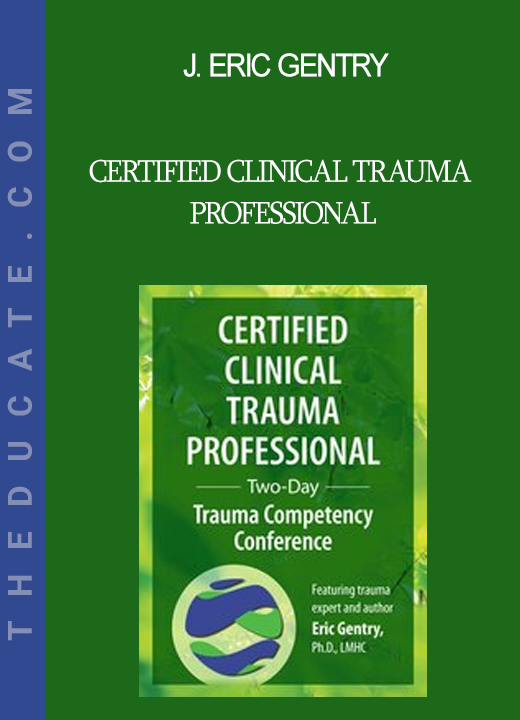

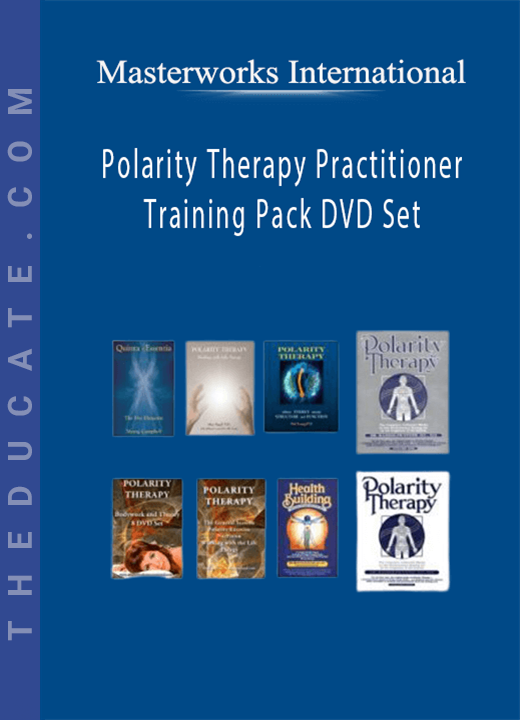
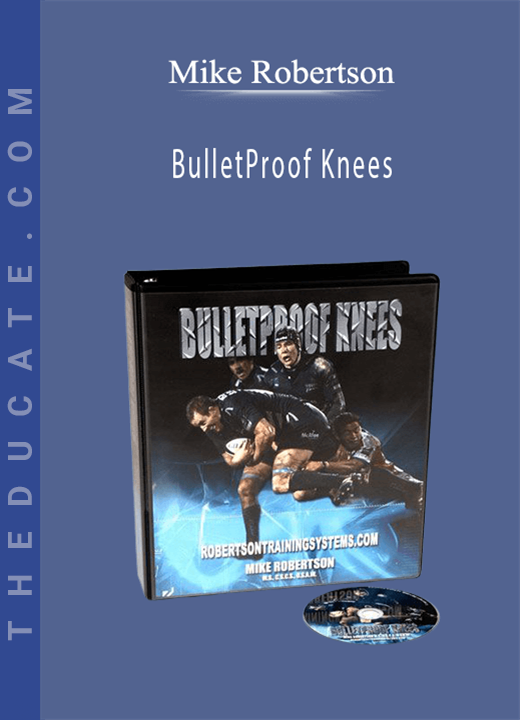
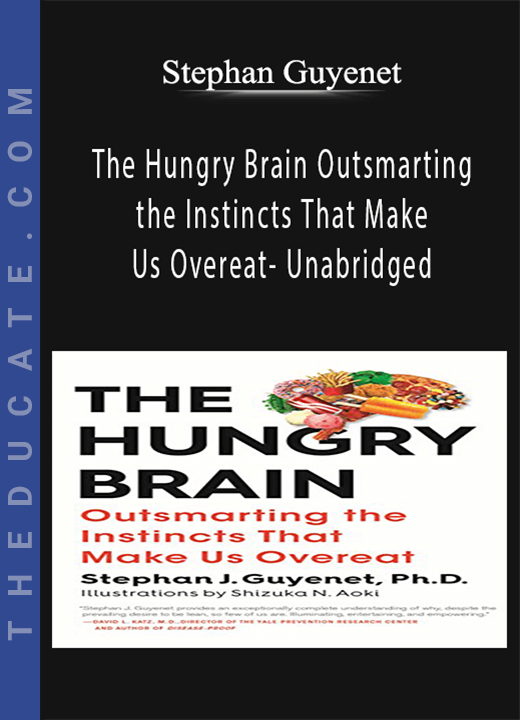
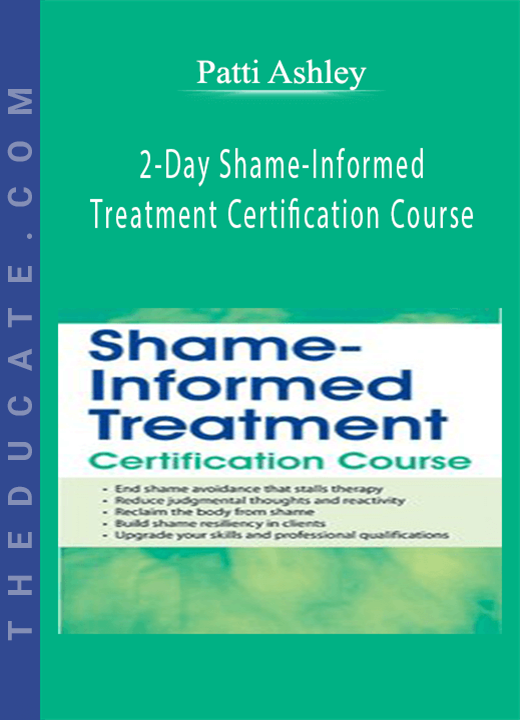
Reviews
There are no reviews yet.